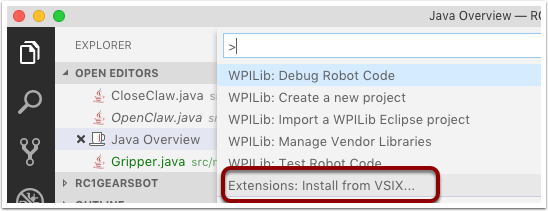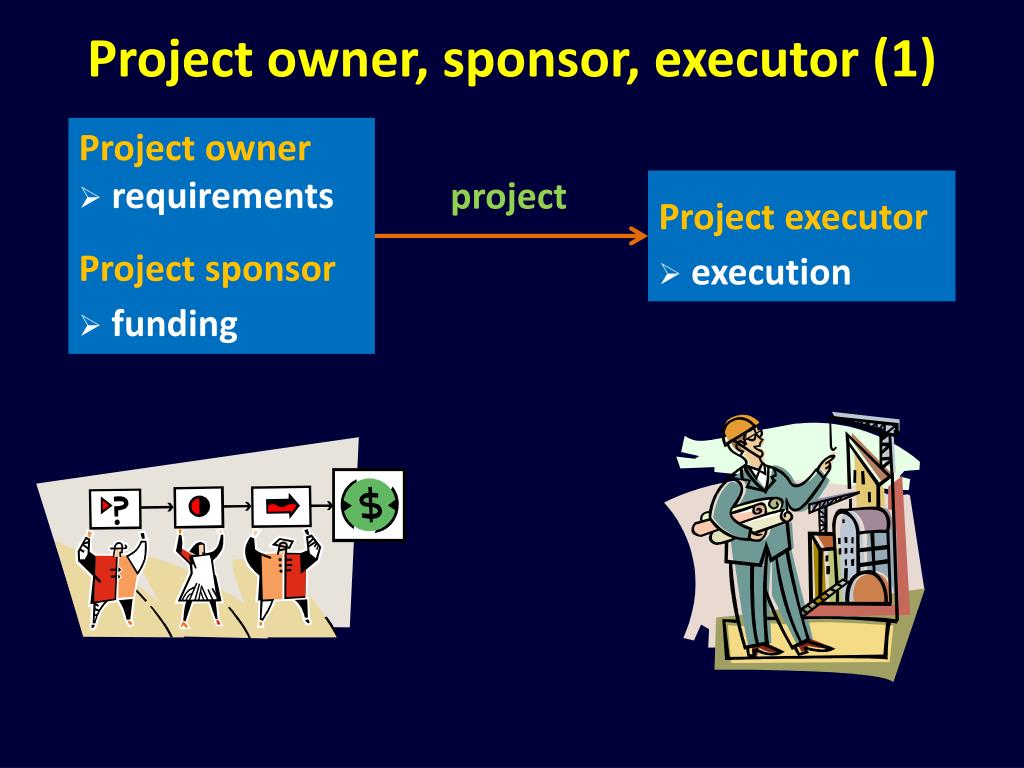
Eligible applicants include non-profit organizations, for-profit organizations and governmental entities. MEEHA funds are restricted to affordable multifamily rental properties with income or rent restrictions for a minimum of 20% of units for tenants with income at or below 80% of AMI. The Maryland Department of Housing and Community Development has been allocated a total of $20.5 million (residential) and $5 million (commercial) for the 2021-2023 funding cycle.
Southern Maryland Electric Cooperative, Inc. Baltimore Gas and Electric Company (BGE). Only projects located in the service territories of the following utility companies are eligible for funding (see the The MEEHA Program is funded by utility ratepayers (utility customers) through utility companies serving Maryland that are regulated by Maryland’s Public Service Commission. These improvements are intended to reduce a building’s energy use and lower utility bills for occupants and owners. Students work together in smaller subteams to design, build, and program robots. The purpose of the Maryland Department of Housing and Community Development’s Multifamily Energy Efficiency and Housing Affordability (MEEHA) program is to promote energy efficiency and affordability in the State’s multifamily rental housing developments for limited and moderate income households. The VEX season runs from fall through spring, with game challenges defined on a yearly basis. VEX, formerly the FIRST Vex Challenge (FVC), is a mid-level robotics competition which offers the traditional challenge of a FIRST robotics competition but with a more accessible and affordable robotics kit. Chezy Champs is held on campus, with the Cheesy Poofs hosting 40 teams to battle it out and take home the title "Best of the West." VEX Team 254 runs an off-season FIRST Robotics Competition event in September. Students will work throughout the year to hone their robotics skills including electronics, machining, construction, and programming. The co-curricular competition season begins in January with the announcement of the yearly game challenge and continues through the second semester. Students, along with knowledgeable mentors, work at our robotics lab to design, build and field a competitive robot which performs a specific game task that changes every year. The team devotes itself to outreach in the community and at competitions, teaching the general public about robotics, and sharing their skills with other teams. 
They gain a better understanding, a greater respect, and a more profound appreciation of the benefits of a good education, as well as a heightened responsibility for helping other teams. More important than any competitive success or awards, the students of Team 254 grow academically, intellectually, and socially. In addition to technical skill sets such as designing, building, and animation, the team relies upon members for the completion of tasks on the business side of the house, such as team leadership, marketing, writing, and photography, which they utilize in their team newsletters and website. Mentors, moderators, and team members are available to help new members learn the tasks that are of interest to them, whether that means being machine-trained on the lathe or drill press, mastering CAD, or Java, or undertaking project management.

However, due to its highly competitive nature and the time commitment involved, students must submit an application if they'd like to participate, with team members being selected based upon their passion and dedication.

Previous robotics and/or programming experience is not required to join Team 254.







 0 kommentar(er)
0 kommentar(er)
